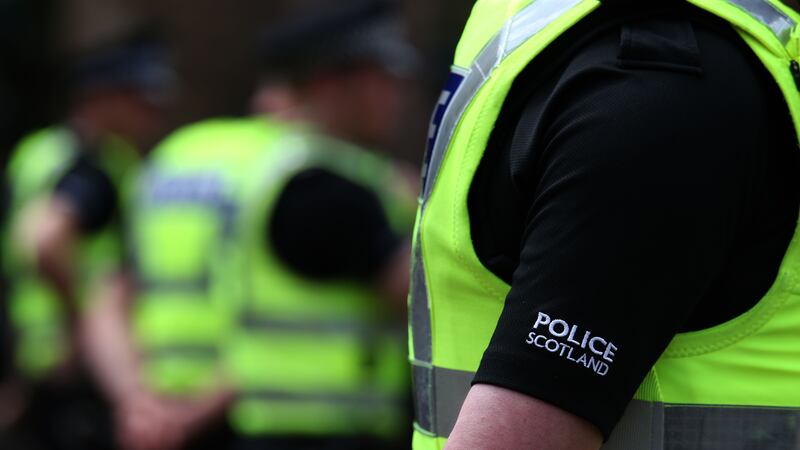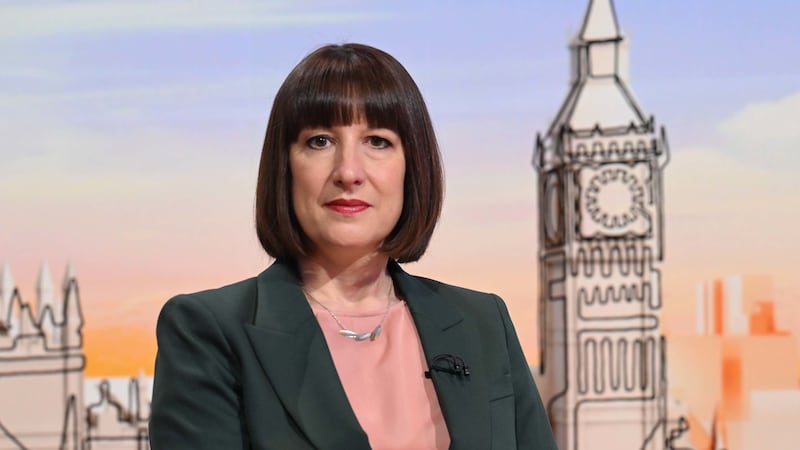A new test has been developed by researchers that could help tell police if someone is lying about their knowledge of a person’s identity.
Dr Ailsa Millen, research fellow in psychology at the University of Stirling, conducted the study to establish whether liars could hide their reaction when shown a photograph of a familiar face.
Participants denied knowledge of one familiar identity while correctly rejecting genuinely unfamiliar faces.
The research found most liars could not fully conceal markers of facial recognition, with explicit strategies used more than spontaneous attempts to hide the truth.
Dr Millen said: “Our study tracked people’s eye movements when they denied knowledge of someone they knew.
“Instead of looking for signs of lying directly, we looked for markers of recognition in patterns of eye fixations – such as how individuals looked at a photograph of someone they recognised compared to someone they did not.
“The main aim was to determine if liars could conceal recognition by following instructions to look at every familiar and unfamiliar face with the same sequence of eye fixations – in short, they could not.
“The harder that individuals tried to conceal knowledge, the more markers of recognition there were.
“These results suggest that it is difficult to conceal multiple markers of recognition at the same time.”

The process is known as the concealed information test (CIT), which is used in the field in Japan to uncover information from criminals such as a murder weapon.
Dr Millen consulted colleagues including Professor Shinji Hira, a CIT expert at Fukuyama University in Hiroshima.
She added: “Police officers routinely use photographs of faces to establish key identities in crimes.
“Some witnesses are honest – but many are hostile and intentionally conceal knowledge of known identities.
“For example, criminal networks – such as terrorist groups – might deny knowledge to protect one another, or a victim might be too afraid to identify their attacker.”
The paper – Eye See Through You! Eye Tracking Unmasks Concealed Face Recognition Despite Countermeasures – is published in Cognitive Research: Principles and Implications.








